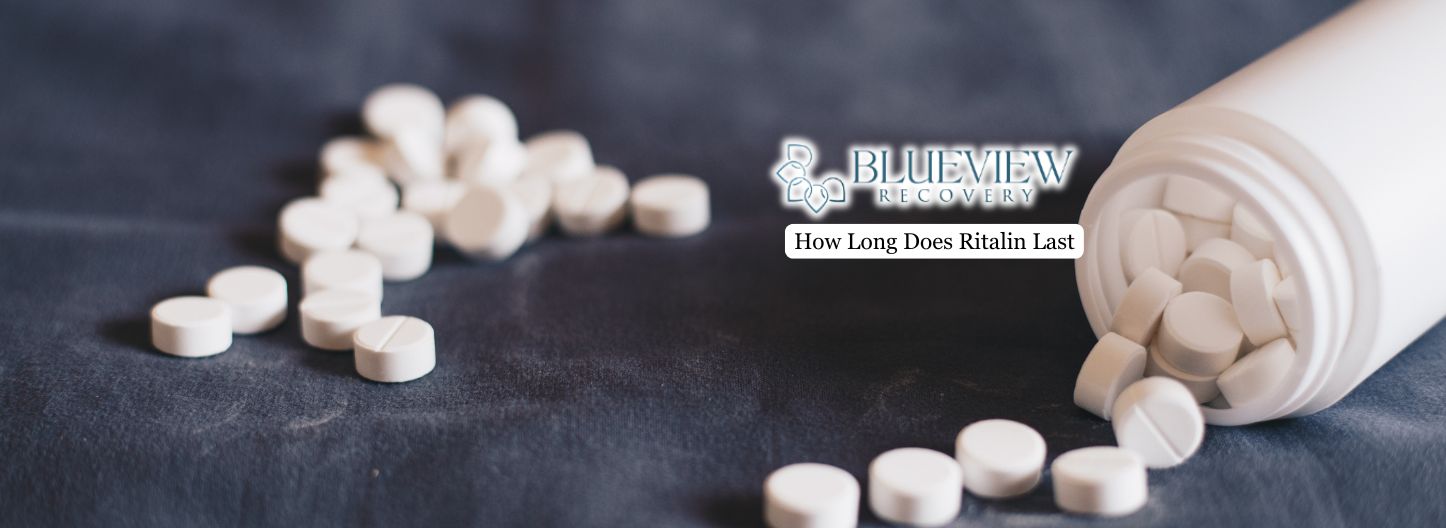Ritalin is a prescription stimulant commonly used to manage attention-deficit hyperactivity disorder (ADHD) and narcolepsy. Its effectiveness in improving focus, attention, and impulse control is well established, but like all stimulant medications, it carries potential risks and contraindications.
This article explains its benefits and limitations, which are essential when evaluating whether Ritalin is an appropriate treatment option.

What Ritalin Is and How It Works
Ritalin, the brand name for methylphenidate, is a central nervous system stimulant approved by the FDA to treat ADHD in children aged six and older and adults, as well as adult narcolepsy. It enhances brain activity by inhibiting the reuptake of dopamine and norepinephrine, the neurotransmitters responsible for attention regulation, impulse control, and wakefulness.
Most professional organizations, including the American Academy of Pediatrics and the UK NICE, regard methylphenidate as a first-line treatment for ADHD when combined with behavioral therapy.
Potential Side Effects
Commonly reported issues include appetite loss, insomnia, headaches, nausea, dry mouth, weight loss, and mood changes.
In less frequent cases, individuals may experience elevated blood pressure, increased heart rate, circulation problems such as Raynaud’s phenomenon, prolonged erections (priapism), seizures, psychosis, or vision changes. Additionally, abrupt discontinuation of methylphenidate can lead to withdrawal symptoms, including depression, lethargy, vivid nightmares, and in severe cases, suicidal thoughts.
For individuals who develop dependence, professional support through a Ritalin addiction rehab program can provide the structured care needed to manage withdrawal safely and support long-term recovery.
Who Should Avoid Ritalin
- Individuals with pre-existing heart conditions, such as structural defects, hypertension, or arrhythmias, may face increased cardiovascular risks, including stroke or sudden death.
- Those with glaucoma, severe anxiety, agitation, motor tics, or Tourette’s syndrome should not use Ritalin as it can exacerbate symptoms.
- Anyone with an allergy to methylphenidate, or taking MAO inhibitors within the last two weeks, must avoid this medication due to potentially severe interactions.
- Ritalin should be used with caution in pregnancy and breastfeeding, only when the potential benefits justify the risks to the fetus or nursing infant.
Recent studies have confirmed that the benefits of ADHD medications, including methylphenidate, typically outweigh small cardiovascular risks like increased blood pressure or heart rate, especially when used under medical supervision.
However, longer-term research (over eight years) suggests a modest increase in cardiomyopathy risk among sustained users, highlighting the importance of regular cardiovascular monitoring.

Monitoring, Dosing, and Abuse Potential
Effective, safe use of Ritalin requires careful oversight. Prescribers typically start with low doses and adjust according to response while closely monitoring heart rate, blood pressure, growth in children, and sleep patterns. Psychiatric symptoms such as mood changes, agitation, or psychosis require ongoing surveillance.
Monitoring visits should occur at least every six months, with more frequent appointments following dose adjustments.
This medication carries a significant risk of abuse and dependence due to its stimulant properties, requiring clinicians to monitor for signs of misuse, diversion, or intravenous abuse. This vigilance is particularly important since misuse can lead to serious psychiatric and cardiovascular complications.
Recommendations for Safe Use
Ritalin should only be taken exactly as prescribed by a healthcare professional, typically 2 to 3 times daily, approximately 30 to 45 minutes before meals. Dose adjustments are individualized based on therapeutic response and side effects.
Periodic breaks from treatment may be recommended to assess ongoing need and reduce the risk of tolerance. It is critical to disclose any history of heart problems, psychiatric disorders, or concurrent medications, especially monoamine oxidase inhibitors, due to contraindications and interaction risks.
Abrupt discontinuation is discouraged as it may cause withdrawal symptoms such as mood changes and depression. If stopping is necessary, the medication should be tapered under medical guidance.
Final Considerations from Blueview Recovery
Ritalin can be a safe and effective option for managing ADHD and narcolepsy when prescribed appropriately and closely monitored. Its benefits in improving focus, attention, and impulse control must always be balanced against potential risks, including cardiovascular concerns, contraindicated health conditions, and the possibility of misuse or dependence. Because Ritalin is a stimulant with addictive potential, medical oversight and ongoing evaluation are essential for safe use.
At Blueview Recovery, we offer treatment for Ritalin addiction in Philadelphia, PA, to help individuals break free from dependence on this prescription stimulant and regain stability in their lives. With the right combination of medical care and therapeutic support, lasting recovery and improved quality of life are possible.





